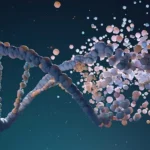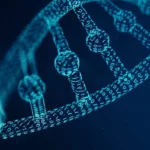In today’s world, where data rules the roost, becoming a data scientist holds immense promise and opportunity. But what if you’ve got a biology degree and you’re eyeing a career in data science? Fear not! While the path may seem winding, it’s entirely achievable. In fact, your background in biology might just be the secret that sets you apart in the world of data science.
More and more people are considering career transition from biology or medical coding to data science. They see biological data science as a lucrative career exciting field where they can solve big problems and come up with new ideas.
Let’s explore the steps and strategies for how to become a data scientist with a biology degree.
What is Data Science?
Before diving headlong into the world of data science, it’s crucial to grasp what it entails. Data science that extracts meaningful insights from raw data. It involves a blend of statistics, programming, and domain knowledge to solve complex problems and drive decision-making processes.
People tend to get confused between data science and computer science or data science vs statistics. Unlike traditional paths like statistics and computer science, data science offers a more flexible learning journey, allowing self-teaching to flourish. It integrates elements from both fields but focuses on practical applications and problem-solving using data.
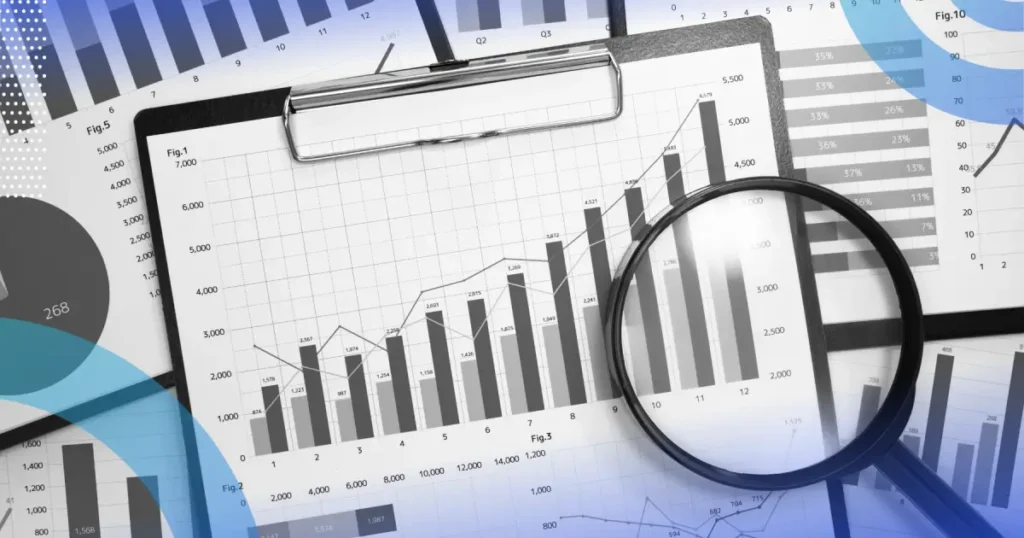
What are Benefits of Biology Background in Data Science?
Your biology degree isn’t a roadblock; it’s a stepping stone. Your understanding of scientific principles, experimental design, and data analysis techniques gives you a solid foundation.
Usually biologists are already familiar with genomic data and terms used in areas like clinical trials and environmental biosciences. Now, by learning data science skills, they can unlock valuable insights from all this biological information. With these new skills, they can make important discoveries and help solve problems in healthcare and the environment.
How to Become a Data Scientist with Biology Degree?
While your biology background equips you with analytical skills, you’ll need to bolster your toolkit with some technical prowess.
Here are the key skills to focus on:
1. Programming Proficiency:
Learn languages like Python and R, which are the bread and butter of data scientists. Start with basic syntax and gradually move on to libraries like Pandas, NumPy, and Matplotlib.
Moreover, learning Bash is crucial in biological data science because it helps manage large files commonly encountered in this field through the command line. With biological data often coming in hefty sizes, knowing Bash becomes essential for efficiently handling these files.
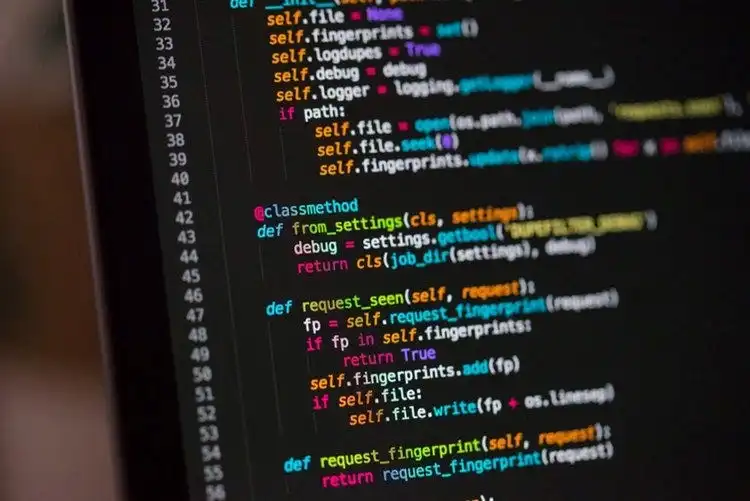
2. Statistics and Mathematics:
Brush up on statistical concepts such as probability, hypothesis testing, and regression analysis. Understanding the math behind the models is essential for interpreting results accurately.
However, to become a data scientist, avoid delving too deeply into statistics and mathematics, as it can lead to frustration with information overload. You don’t need to be a statistician; instead, focus on grasping the basics of statistics for data science to kickstart your journey. Start with essential mathematics topics for data science and gradually build your skills as you delve deeper into the field.
3. Machine Learning:
Delve into machine learning algorithms – from linear regression to deep learning. Experiment with real-world datasets and learn how to train models, tune hyperparameters, and evaluate performance metrics.
Don’t feel scared of machine learning. Once you understand coding and statistics basics, learning machine learning will feel simple. Remember, as a biologist, you’ve tackled tough concepts before, so grasping machine learning algorithms will be a breeze with the right mindset.
4. Data Wrangling:
Get comfortable with data manipulation techniques like cleaning, transforming, and merging datasets. This skill is fundamental for preparing data for analysis.
5. Data Visualization:
Learn to create compelling visualizations that convey insights effectively. Tools like Matplotlib, Seaborn, and Tableau can help you craft visually appealing plots and dashboards.
Rest assured, not only will you master data visualization skills, but you’ll also find joy in creating compelling visual representations of your data.
How to Learn Biological Data Science?
Education Options
While a biology degree lays a strong foundation, you may need additional education to fill in the gaps. As you already hold a degree in biology, pursuing a whole new degree or school might not be your preferred route. Instead, explore self-learning avenues such as data science bootcamps or data science books to acquire the necessary skills. These self-paced options offer flexibility and efficiency in transitioning to a career in data science without committing to a full-fledged academic program.
Take advantage of free learning resources like YouTube channels such as Rebel Science and Data Professor, which offer valuable insights and tutorials on biological data science. These channels can be excellent starting points for expanding your knowledge and skills in the field, all at no cost.
How to Land a Biological Data Science Job?
Up till now you have understood how to become a data scientist with a biology degree. Now comes the next and main question regarding landing the job. It requires few steps which are:
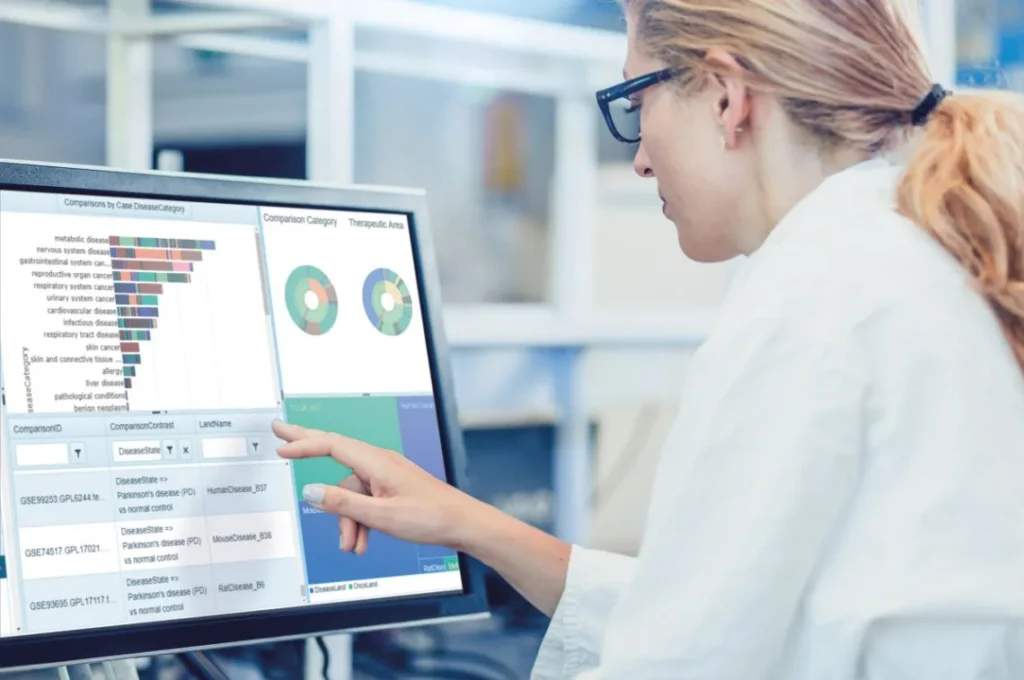
Gain Hands-On Experience
Theory is crucial, but nothing beats hands-on experience. Look for internships, freelance projects, or volunteer opportunities where you can apply your skills in real-world scenarios. Building a portfolio of data science projects demonstrates your proficiency and showcases your ability to solve practical problems.
Network, Network, Network
Networking is a powerful tool for career advancement. Connect with professionals in the data science community through online forums especially Twitter, and LinkedIn.
In data science, someone might have already solved the problem you’re tackling or become an expert in it. Seeking guidance or talking to them can save you time and trouble in finding solutions. Don’t hesitate to reach out and leverage the expertise of others in your field.
Tailor Your Resume and Cover Letter
When applying for data science roles, customize your resume and cover letter to highlight relevant skills and experiences. Emphasize your analytical prowess, problem-solving abilities, and adaptability – qualities that are highly sought after in the field of data science.
Keep updating your LinkedIn profile with online certificates and portfolio projects. It will put you out there for data science jobs. Search for the skills listed in data science job postings and make sure to include them on your LinkedIn profile to showcase your qualifications effectively.
Explore profiles of other biological data scientists to discover the companies they’ve worked for or are currently employed at, then proactively send your resume to these companies to increase your chances of landing a role for a new opening.
Ace the Interview
Prepare diligently for data science interviews by practicing coding challenges like Rosalind, solving case studies, and honing your communication skills. Be ready to discuss your projects in detail, showcasing your thought process and decision-making abilities.
Don’t forget to brush up on common interview questions and demonstrate your passion for data science.
Stay Curious and Keep Learning
The field of data science is constantly evolving, so it’s essential to stay curious and keep learning. Stay updated on the latest trends, tools, and techniques by reading books, attending workshops, and taking online courses. Cultivate a growth mindset and embrace challenges as opportunities for growth.
Conclusion
Transitioning from a biology degree to a career in data science may seem daunting, but with the right mindset and approach, it’s entirely feasible. Embrace your biology background as a strength, acquire the necessary technical skills, and gain practical experience through projects and internships. Network with professionals in the field, tailor your application materials, and prepare diligently for interviews. Remember, the journey may be challenging, but the rewards of becoming a data scientist are well worth the effort.
So, roll up your sleeves, embark on this exciting adventure, and unleash your potential in the world of data science!


